Buy Libtayo (cemiplimab) Online
$7,140.00
Disease Indications: Lung Cancer, Skin Cancer
Manufacturer: Sanofi
Usage:Intravenous
Medicine approved by:
European Medical Agency (EMA)
Food and Drug Administration (FDA)
Health Canada
Libtayo is a monoclonal antibody that targets the PD-1 pathway, enhancing the immune system’s ability to fight cancer. It is primarily used to treat certain types of lung cancer (non-small cell lung cancer) and skin cancer (cutaneous squamous cell carcinoma and basal cell carcinoma).
Description: Libtayo, with the active substance cemiplimab, is a monoclonal antibody designed to target and inhibit the programmed cell death protein 1 (PD-1) pathway. Manufactured by Sanofi, Libtayo is primarily indicated for the treatment of specific types of lung cancer and skin cancer. As an immune checkpoint inhibitor, Libtayo works by enhancing the body’s immune response against cancer cells, offering a promising treatment option for patients with advanced stages of these cancers.
Disease Indications: Libtayo is indicated for the treatment of:
- Lung Cancer: Specifically, for patients with metastatic or locally advanced non-small cell lung cancer (NSCLC) whose tumors express PD-L1.
- Skin Cancer: Including metastatic or locally advanced cutaneous squamous cell carcinoma (CSCC), and basal cell carcinoma (BCC) in cases where surgery or radiation are not viable options.
Mechanism of Action:
- PD-1 Inhibition: Cemiplimab binds to the PD-1 receptor on T-cells, preventing its interaction with PD-L1 and PD-L2 ligands. This blockade lifts the inhibitory effects on T-cells, enhancing the immune system’s ability to attack and destroy cancer cells.
- Immune System Activation: By blocking PD-1, Libtayo reactivates T-cells, promoting their proliferation and activity against tumor cells, thus restoring immune surveillance and anti-tumor response.
Benefits:
- Effective Tumor Reduction: Libtayo has demonstrated significant efficacy in shrinking tumors and slowing the progression of lung and skin cancers.
- Enhanced Immune Response: By inhibiting the PD-1 pathway, Libtayo boosts the body’s natural immune defenses, offering a targeted approach to cancer therapy.
- Improved Survival Rates: Clinical trials have shown improved overall survival rates in patients treated with Libtayo compared to standard treatments.
Usage and Administration:
- Intravenous Infusion: Libtayo is administered via intravenous infusion. The typical dosage regimen is 350 mg every three weeks.
- Administration: Infusions are given over a period of 30 minutes. It is important for the administration to be performed in a healthcare setting under the supervision of a qualified healthcare professional.
Storage: Libtayo should be stored in a refrigerator at 2°C to 8°C (36°F to 46°F). It should not be frozen or shaken. The medication must be protected from light and kept in its original packaging until ready for use.
Side Effects: Common side effects of Libtayo include:
- Fatigue: A general feeling of tiredness.
- Rash: Skin reactions, including redness and itching.
- Diarrhea: Gastrointestinal upset.
- Musculoskeletal Pain: Joint and muscle pain.
- Nausea: Feeling of sickness and discomfort in the stomach.
More serious side effects may include:
- Immune-Mediated Reactions: Inflammation of organs such as lungs (pneumonitis), liver (hepatitis), intestines (colitis), and endocrine glands (thyroiditis, adrenalitis).
- Infusion Reactions: Reactions at the site of infusion, including redness, pain, and swelling.
Precautions:
- Pre-Existing Conditions: Patients with autoimmune diseases, or those who have received an organ transplant, should inform their healthcare provider, as Libtayo can exacerbate immune-related conditions.
- Infection Risk: Patients should be monitored for signs of infection, as immune checkpoint inhibitors can increase the risk of serious infections.
- Pregnancy and Breastfeeding: Women who are pregnant, planning to become pregnant, or breastfeeding should discuss potential risks with their healthcare provider, as Libtayo can harm an unborn baby or newborn.
Contraindications:
- Hypersensitivity: Libtayo is contraindicated in patients with known hypersensitivity to cemiplimab or any of its excipients.
In summary, Libtayo (cemiplimab) by Sanofi is a powerful immunotherapy used in the treatment of certain types of lung and skin cancers. By targeting and inhibiting the PD-1 pathway, Libtayo enhances the immune system’s ability to fight cancer, offering a significant therapeutic benefit for patients with these challenging conditions. Administered intravenously, it is a critical component of modern cancer treatment regimens, providing hope and improved outcomes for many patients.
| Package | 1 vial of 350 mg/7 mL |
|---|
Be the first to review “Buy Libtayo (cemiplimab) Online” Cancel reply
Related products
New medicines
New medicines
New medicines
New medicines
New medicines


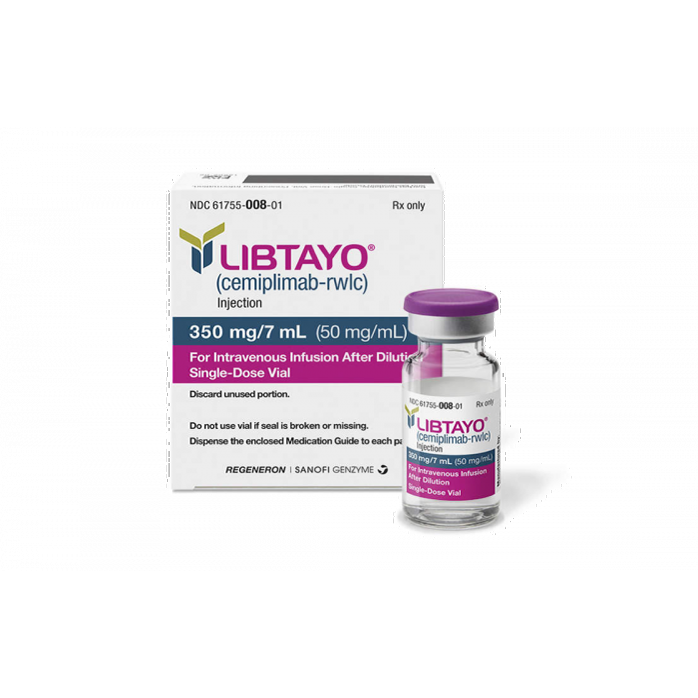
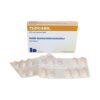
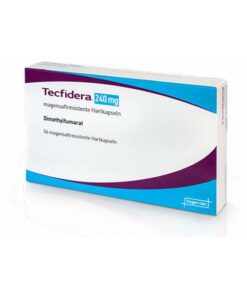

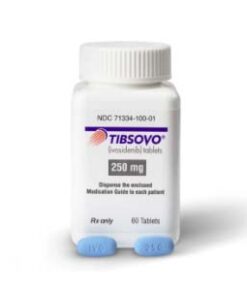
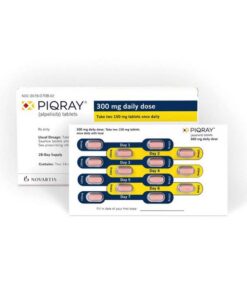
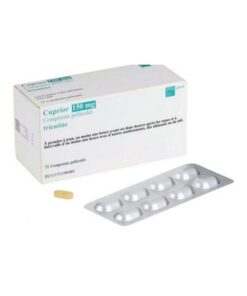
Reviews
There are no reviews yet.